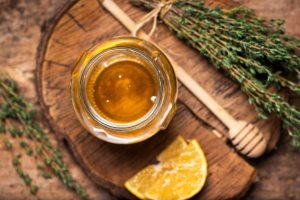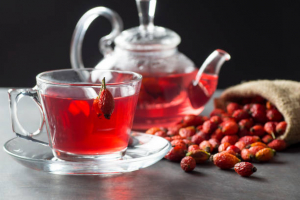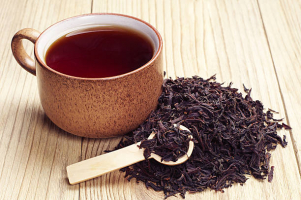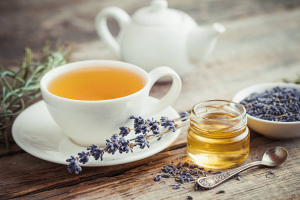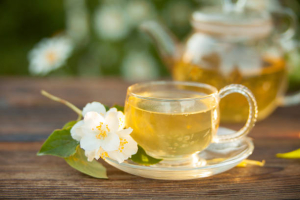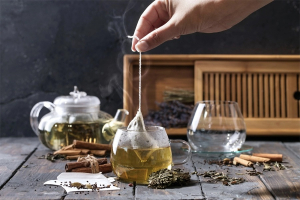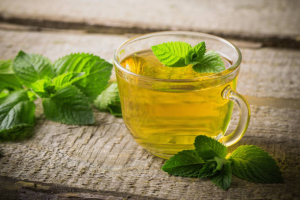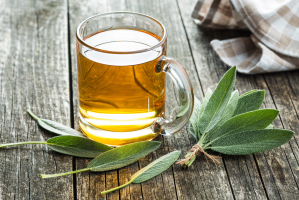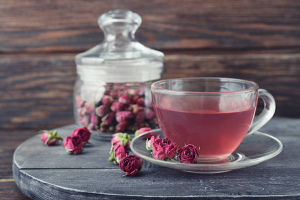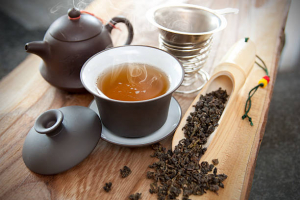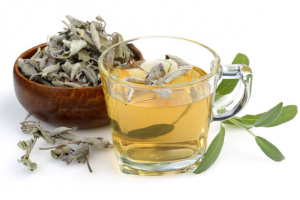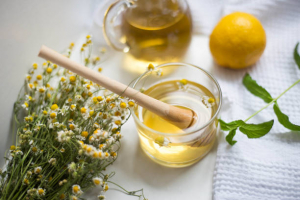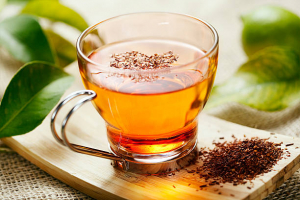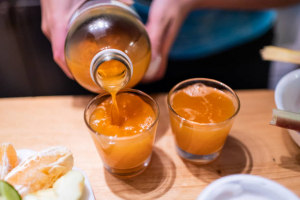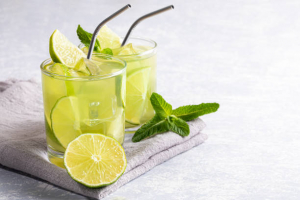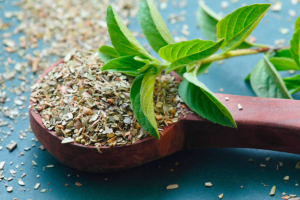Top 5 Health Benefits of Hibiscus Tea
Hibiscus tea is a herbal tea created by steeping hibiscus plant pieces in boiling water. It has a sour flavor comparable to cranberries and can be served hot ... read more...or cold. Hibiscus sabdariffa is the most often used species to brew hibiscus tea, however, there are several hundred species that differ by location and environment. Drinking hibiscus tea has been linked to several health advantages, including the ability to decrease blood pressure, combat germs, and even assist in weight reduction. Here are the best health benefits of hibiscus tea.
-
Antioxidants are chemicals that aid in the battle against free radicals, which cause cell damage. Hibiscus tea is high in antioxidants, which may help prevent damage and illness caused by free radical accumulation. Hibiscus raised the number of antioxidant enzymes in rats and decreased the damaging effects of free radicals by up to 92 percent in one research.
Another rat research found that components of the hibiscus plant, such as the leaves, have significant antioxidant properties. Keep in mind that these were animal trials with high concentrations of hibiscus. More research is needed to establish how the antioxidants in hibiscus tea affect humans.
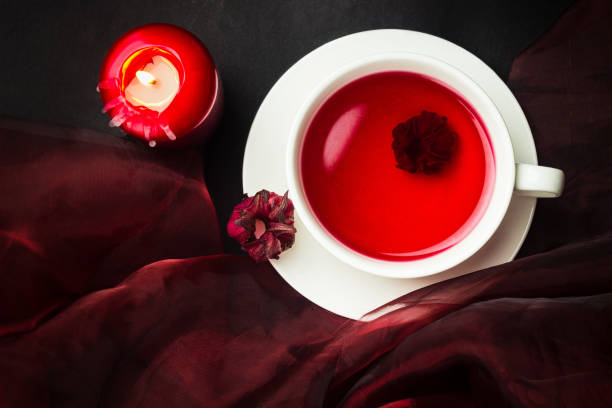
Packed With Antioxidants 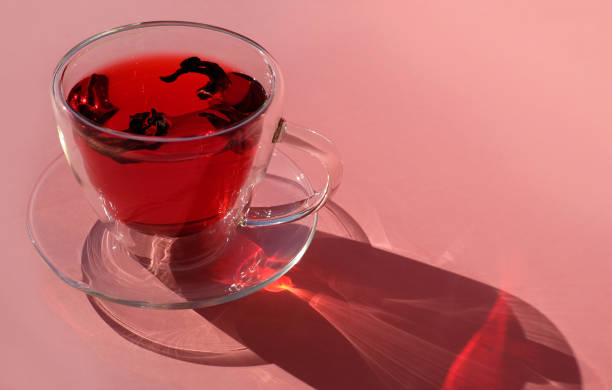
Packed With Antioxidants -
One of the most notable and well-known advantages of hibiscus tea is that it may reduce blood pressure. High blood pressure can put extra strain on the heart and lead it to deteriorate over time. High blood pressure is also linked to a higher risk of heart disease. According to research, hibiscus tea may reduce both systolic and diastolic blood pressure.
In one trial, 65 participants with high blood pressure were randomly assigned to either hibiscus tea or a placebo. After six weeks, individuals who drank hibiscus tea had significantly lower systolic blood pressure than those who drank a placebo. Similarly, a 2015 meta-analysis of five trials found that hibiscus tea reduced systolic and diastolic blood pressure by an average of 7.58 mmHg and 3.53 mmHg, respectively. While hibiscus tea may be a safe and natural approach to help decrease blood pressure, it is not advised for individuals who are using hydrochlorothiazide, a kind of diuretic used to treat high blood pressure, because it may interfere with the medicine.

May Help Lower Blood Pressure 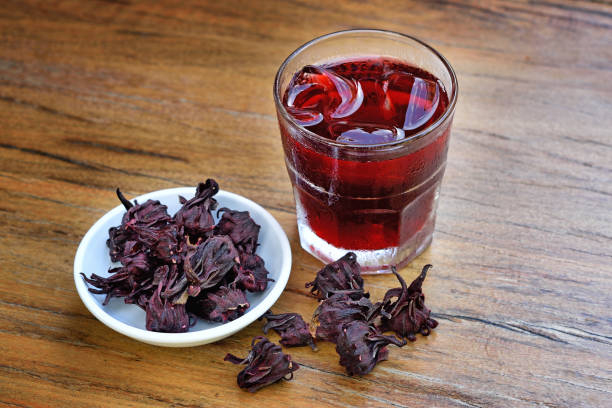
May Help Lower Blood Pressure -
In addition to decreasing blood pressure, several studies have suggested that hibiscus tea may aid in the reduction of blood fat levels, which is another risk factor for heart disease. In one trial, 60 diabetics were given either hibiscus or black tea. After one month, individuals who drank hibiscus tea had higher "good" HDL cholesterol while having lower total cholesterol, "bad" LDL cholesterol, and triglycerides. Another trial in people with metabolic syndrome found that consuming 100 mg of hibiscus tea daily resulted in lower total cholesterol and higher "good" HDL cholesterol.
However, additional investigations on the benefits of hibiscus tea on blood cholesterol have yielded inconsistent results. In reality, an analysis of six research involving 474 people revealed that hibiscus tea had no effect on blood cholesterol or triglyceride levels. Furthermore, the majority of research demonstrating the benefit of hibiscus tea on blood fat levels has been restricted to individuals with particular illnesses such as metabolic syndrome and diabetes. More large-scale research on the effects of hibiscus tea on blood cholesterol and triglyceride levels is needed to establish the general population's potential benefits.

May Help Lower Blood Fat Levels 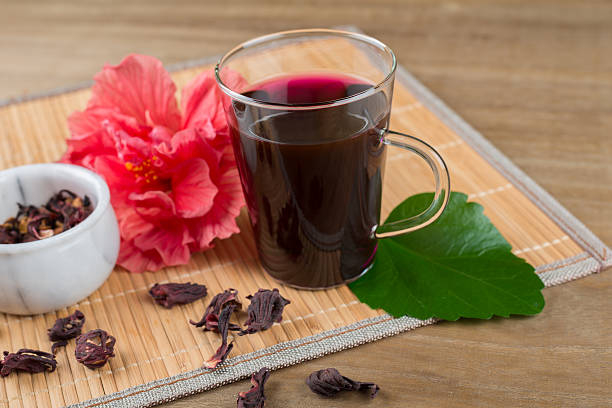
May Help Lower Blood Fat Levels -
Your liver is vital to your general health for a variety of reasons, including protein production, bile secretion, and fat breakdown. Interestingly, research suggests that hibiscus may boost liver health and help it function properly. One 12-week trial of 19 overweight persons found that consuming hibiscus tea improved hepatic steatosis. The buildup of fat in the liver causes this disorder, which can lead to liver failure.
Hamster's research also confirmed the liver-protective capabilities of hibiscus, demonstrating that treatment with hibiscus tea reduced signs of liver damage. Another animal investigation found that administering hibiscus to rats boosted the levels of numerous drug-detoxifying enzymes in the liver by up to 66%. These studies, however, all looked at the benefits of hibiscus extract rather than hibiscus tea. More study is needed to determine how hibiscus tea impacts human liver function.
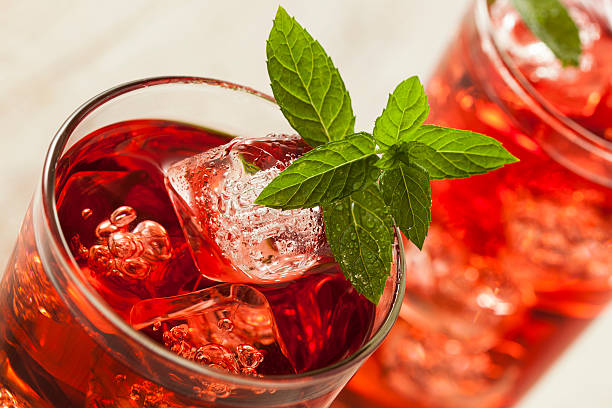
May Boost Liver Health 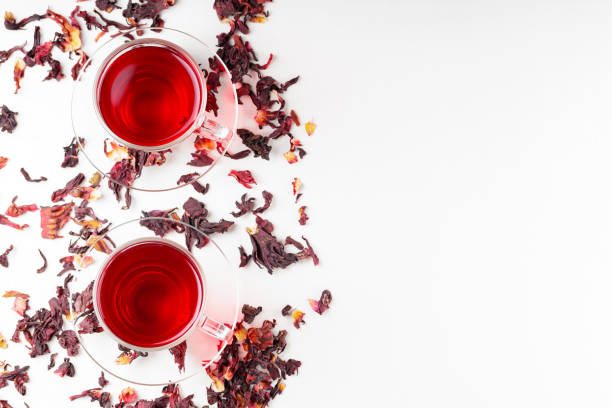
May Boost Liver Health -
Several studies show that hibiscus tea may help people lose weight and prevent obesity. In one research, 36 overweight people were given either hibiscus or a placebo. Hibiscus tea lowered body weight, body fat, body mass index, and hip-to-waist ratio after 12 weeks. The research found comparable results, noting that treating obese mice with hibiscus tea for 60 days resulted in weight loss. Currently, trials employing strong dosages of hibiscus tea are being conducted. More research is needed to discover how hibiscus tea affects weight reduction in humans.
Hibiscus is abundant in polyphenols, which have been demonstrated to have potent anti-cancer effects. In vitro research on the potential influence of hibiscus tea on cancer cells has yielded promising findings. Hibiscus tea inhibited cell proliferation and lowered the invasiveness of oral and plasma cell malignancies in one test-tube investigation. Another test-tube investigation found that hibiscus leaf extract inhibited the spread of human prostate cancer cells. In previous test-tube investigations, hibiscus tea has been proven to suppress stomach cancer cells by up to 52%.
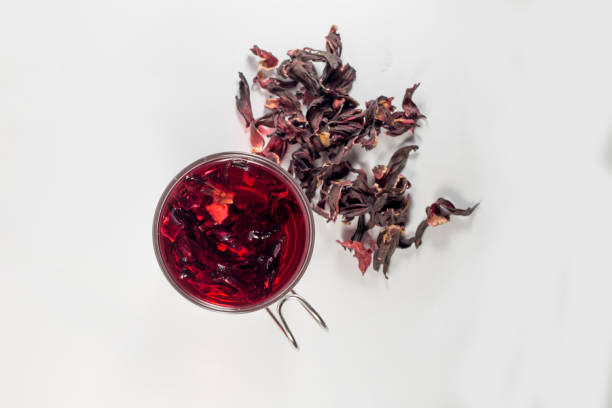
Could Promote Weight Loss and May Help Prevent Cancer 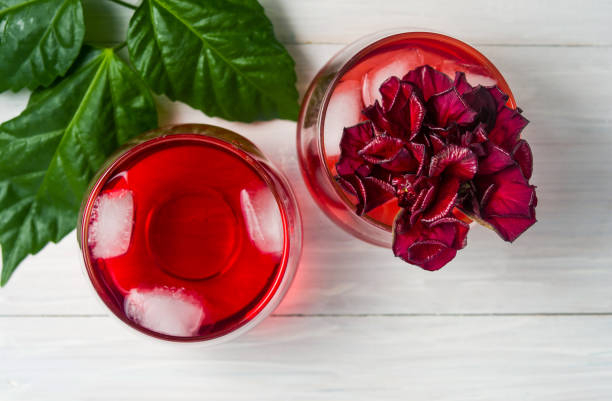
Could Promote Weight Loss and May Help Prevent Cancer







